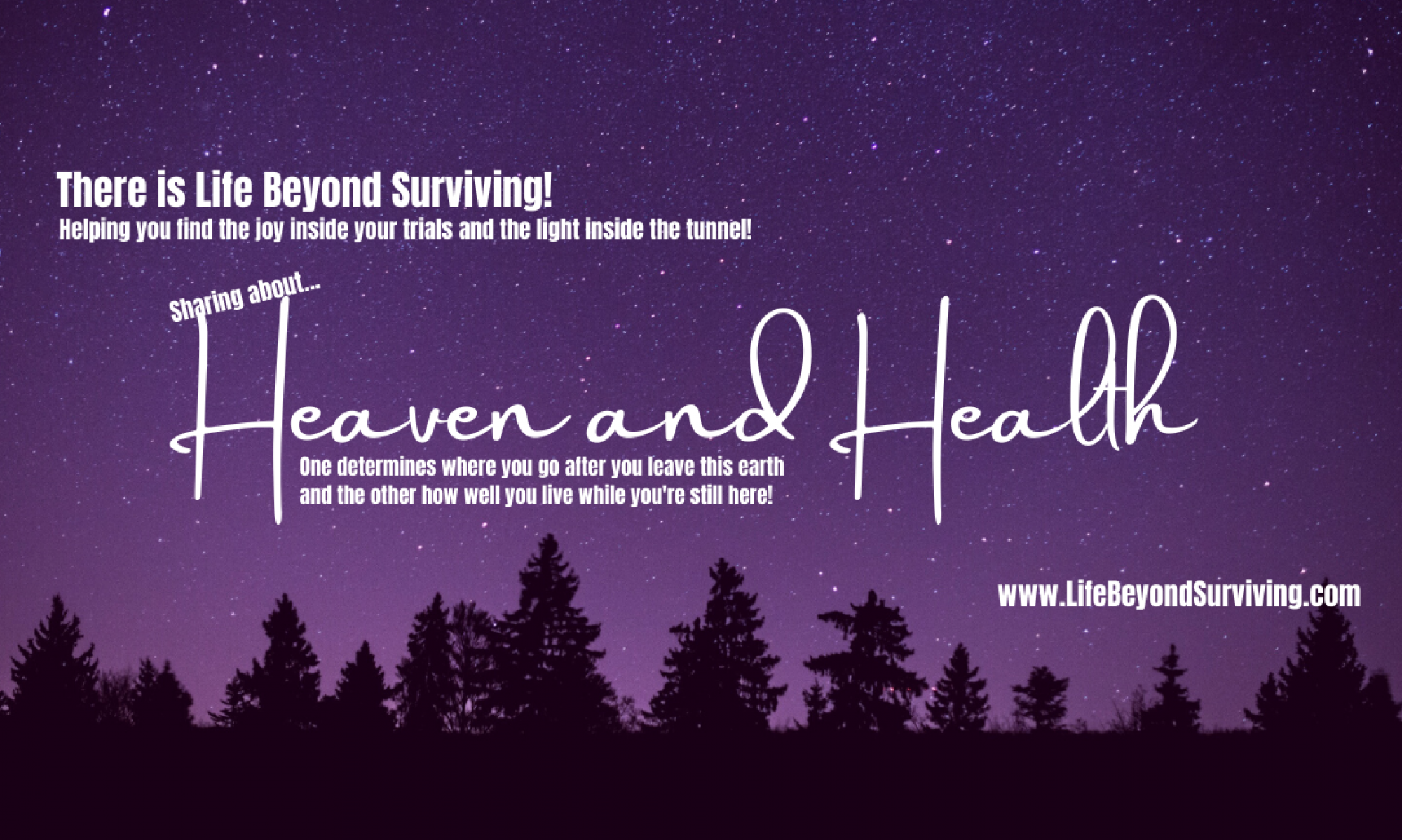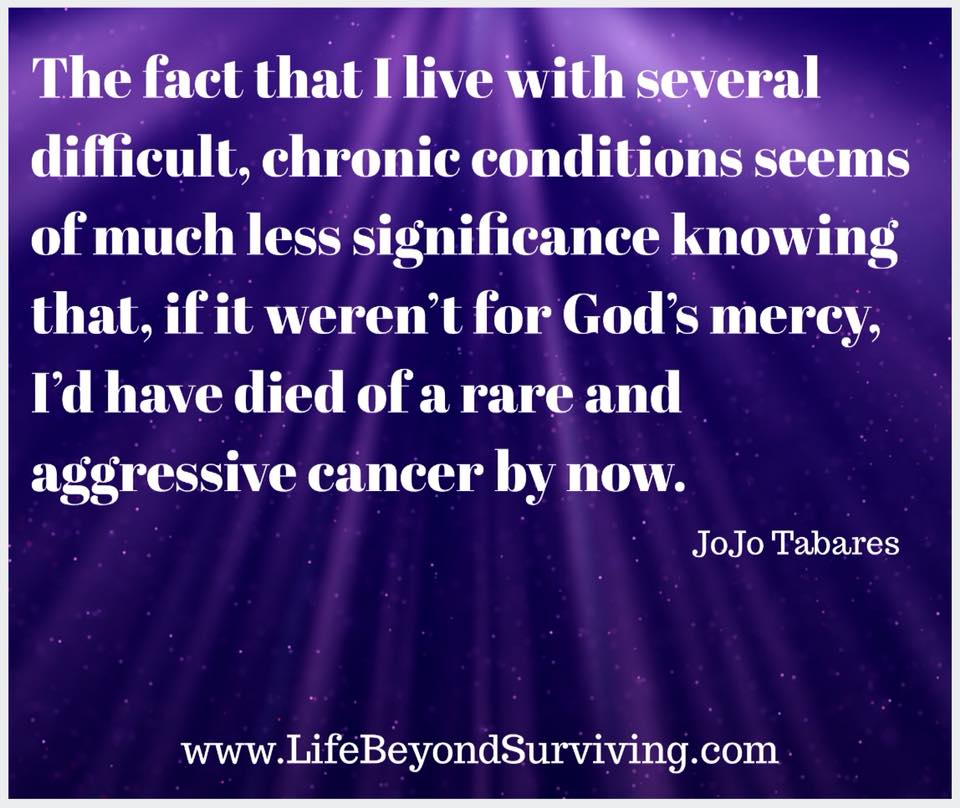Chronic illness takes so much away from you that your thoughts often dwell on what you can’t do anymore. I can’t work. I can’t go out today. I can’t clean the house. I can’t do for my kids. I can’t help the church. I can’t help a friend. I can’t feel useful. And that right there is the cause of sadness and even deep depression.

But it doesn’t have to be. I’ve felt that way myself, but I have developed some habits that have helped me to get out of that funk and feel useful which, in turn, increases the joy I feel day to day.
It all started with a question I asked myself. “What CAN you do?” You see, I had many times when I felt like I was too tired to DO anything. Too brain fogged to THINK of anything. Too overwhelmed to make any sense. And yet, I always found SOMEthing I could do that would make a difference, that would be positive, that would be of value to…someone, anyone.
There are four parts to this process and I’m going to cover one part per week this month. The first step is to think less about what you can’t do and more about what you CAN do. It sounds simple. It’s not. It is the hardest step in the process, but it’s worth every effort.
So many devotionals I’ve read and so many of the PMA books out there are like the Just Say No campaign. Just think positive. Just be thankful. People have it so much worse than you! Well, it may be true, but it isn’t helpful, especially when you’re in the throws of despair or you are still grieving the loss of your old life.

But there are several things that can help you to begin to think this way and here they are in no particular order. Do the ones that speak to you. Use the ones that you can and see if you can start others later as you begin to heal from the overwhelm.
- Start a gratitude journal
You don’t have to publicize it. Just write down one thing each day that you are grateful for. One new item each day. Then, after a week, look back on it. After a month, after a year… The more you see in your journal, the more you realize just how blessed you are even if you do have big things to deal with. - Find the humor in life’s other struggles
I can’t tell you how many times I have had little weird things happen. These little weird things didn’t always seem really little to me at the time. But later on, I found them to be much smaller than the illnesses and conditions I face and so I now see them as not as important. I see them more as inconveniences that are kind of funny…sometimes at the time! - Compare the size of the other struggles to your big ones
If you can’t find the humor in the other struggles that come along or you still get upset when things are compounded by all life’s glitches, you can try comparing the big struggles to the little short-lived ones.
You’re already tired and in pain, but you go to the kitchen to make dinner for your family and the oven knob falls off in your hand. You pick up the pot and the handle falls off. About this time, you’re probably thinking that someone is out to get you.
You’re frustrated and angry, but what if you could stop and think about the size of these issues as compared with your bigger struggles, the size of your love for your family, and the blessings you have despite the problems you are in? What if you looked around and asked yourself, “Where’s Alan Fundt? Am I on Candid Camera? What if you saw the humor in it. What if you skipped to the part where you put the handles back on and that problem was solved? - Think about how the Lord might be leading you to better things
My husband was fired several years ago from a job we moved to Indiana for. We had to move out of the house we were going to buy. Because of that move, my new doctor wanted to check to see if a huge fibroid I had in my uterus was still there–even though in all likelihood, it was gone due to my age. The fibroid was gone, but a cyst on my ovary was found instead. Surgery to remove that cyst and the fallopian tube attached to it revealed a rare and aggressive cancer in its infancy.
If it were not for that series of events starting with that job loss, I’d be dead now. Sometimes bad things lead to good things. Sometimes we are privileged to know about them. Sometimes we are not. So, if you don’t see it, just think about how it MIGHT have benefited you. It sure did for me!

Remember, this is the step that takes the most time, but the good news is that you can do them simultaneously with the other steps…which I will discuss in the coming weeks.


One Reply to “What CAN You Do? – Part 1”
Comments are closed.